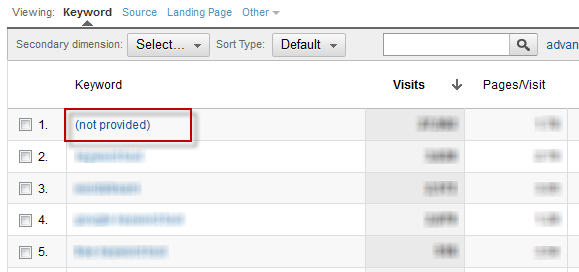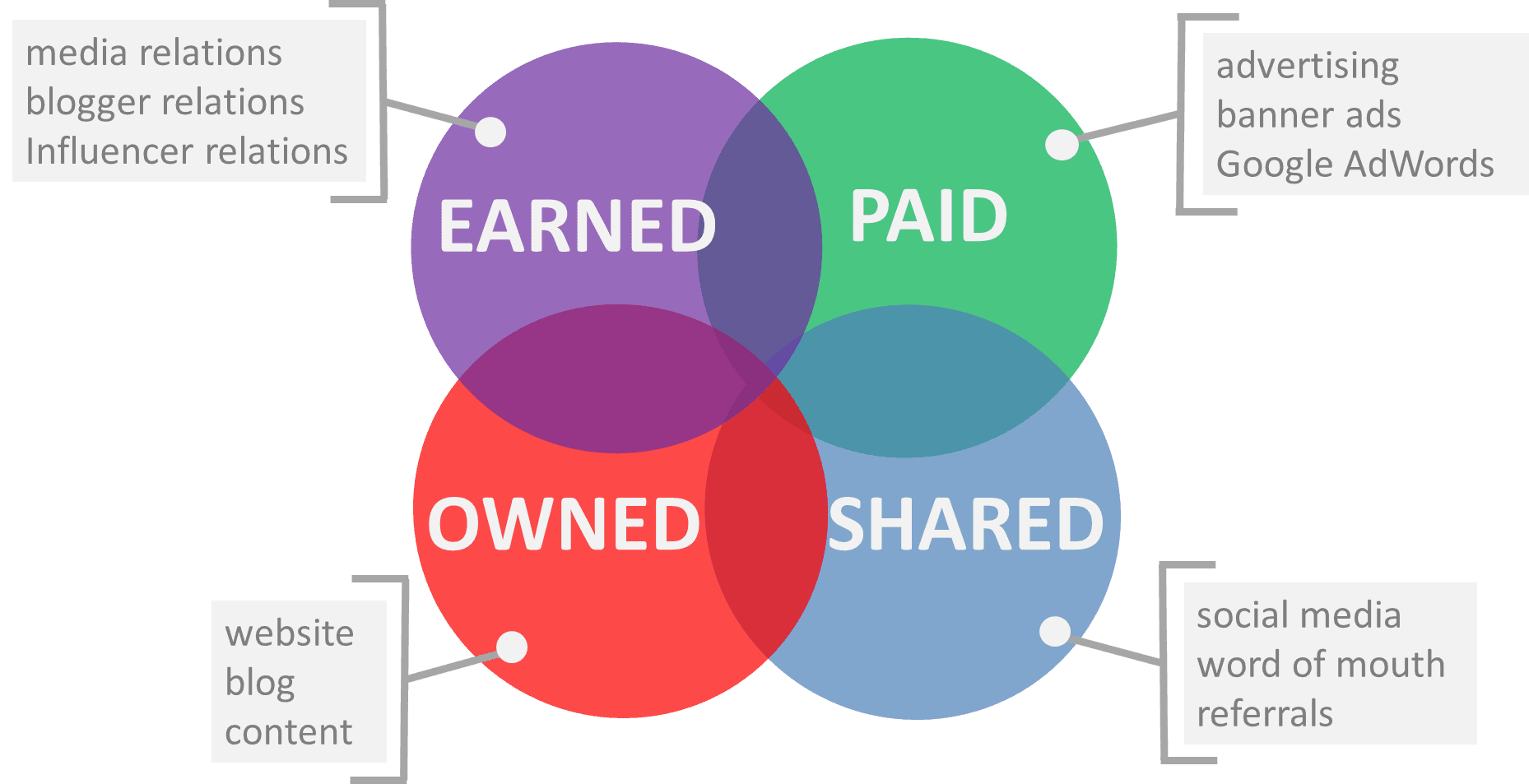It’s been a big month for Google with two big changes happening. The first was the announcement of the Google Hummingbird update, or a big change to their search algorithm. The second involves secure search: Google is now hiding ALL search query data in Google Analytics by forcing a secure search, whether you are logged into Google or not. For most of us in the search marketing world, it’s business as usual, except now we’re going to have to get creative on getting keyword data, and continue to build on long-tail search queries in content.
Part 1: Google Hummingbird Update
This was probably the most extensive update since the “Caffeine” update in 2009, and also the most secretive. Normally, Google gives signs that a new algorithm will be deployed, except this time they kept it under wraps quite well for over a month and “flipped the switch” last week.
We’ve been saying for a long time that your website should have content that answers people’s questions, and long-tail keywords are a great solution for this. For example, ask your sales team what the most typical questions are for inbound leads and build a content system around that. Google’s new algorithm is built to handle long-tail “conversational” search queries, like “where is the nearest place to buy baby bedding” where traditionally Google might try to find a page for “baby bedding” like Amazon. However, now Google might know your actual location (if you’ve shared that), or the meaning behind certain phrases like “place” to be a brick and mortar store and that you’re not looking for an online store. Ideally, you would get a different set of search results from your home versus from work.
Check out this article from SearchEngineWatch titled “The Resurgence of the Long-Tail Keywords in SEO“.
Why did Google come out with this change?
Google is always looking for ways to increase conversion rates, and typically, long-tail searches lead to conversions. It is estimated that 20% of the 3 billion searches per day on Google are unique queries, to give you a sense of how big the long-tail really is.
Will this affect my rankings?
Probably not. Most large publishers are not complaining about a loss of rankings yet, and this update was really targeted towards the more complex search queries.
What should I do about this change?
You can (and should) continue to add content to your website. Make the content informative, and use Google Suggest and other tools to get ideas around long-tail options. Here is a great post from Avanash Kaushik on the subject of how to monetize long-tail search.
Part 2: Google Keyword Queries Hidden from Google Analytics
Starting in October 2011, Google began encrypting searches for folks who were logged into Google (like GMail, for example), so none of the keyword query data was being passed into Google Analytics. Back then, it may have accounted for 10-20% of the keyword report. Last month it was as high as 80%, and now will be 100% going forward.
Google says this is part of a larger “user privacy” initiative, but interestingly, the keyword data is already anonymous in Analytics, is accessible for paid advertisers in the AdWords platform, and can be seen in Google Webmaster Tools. This begs the question: is this really about privacy, or is it a ploy to get more advertisers on-board?
In fact, some of these tactics of “Unlocking Your ‘Not Provided’ Keywords in Google Analytics” are spelled out by KISS Metrics.
What does this mean for SEO?
It means that Google has closed the door on a critical component marketers use to determine the value of their SEO program. One of the leading indicators we use for evaluating the performance of an SEO campaign is to compare the branded and non-branded searches. Now, instead of relying on keywords and specific keyword combinations, we’re going to need to focus on the content that provides real value to customers and prospects.
Here is another great post by Avanash Kaushik and some things you can do to perform secure search data analysis.
















